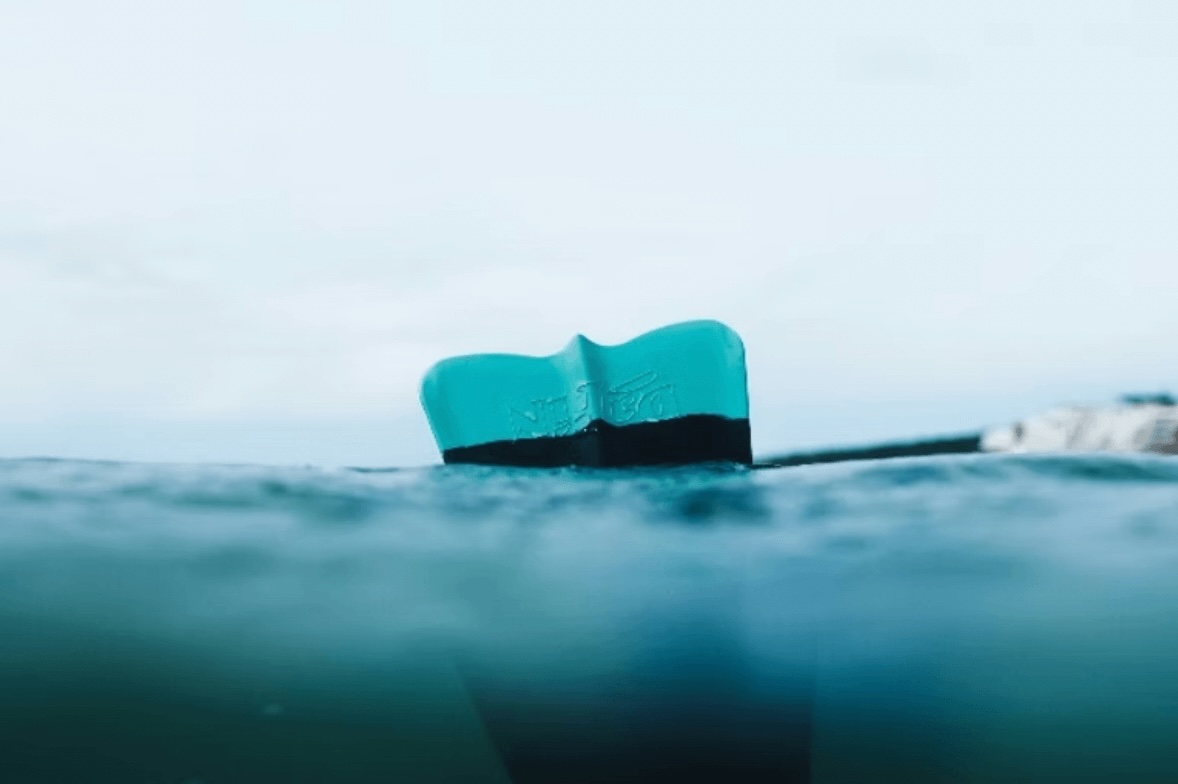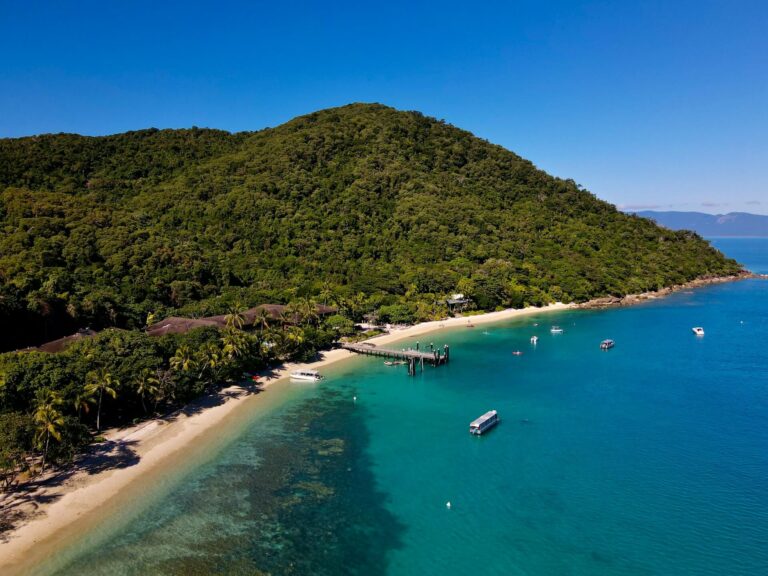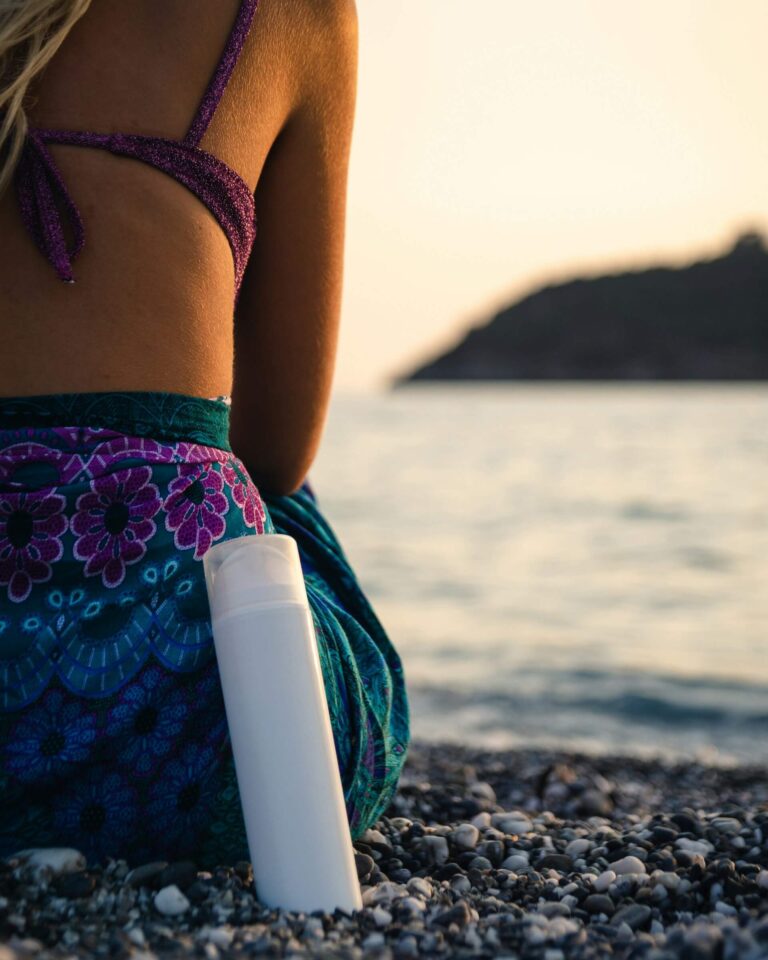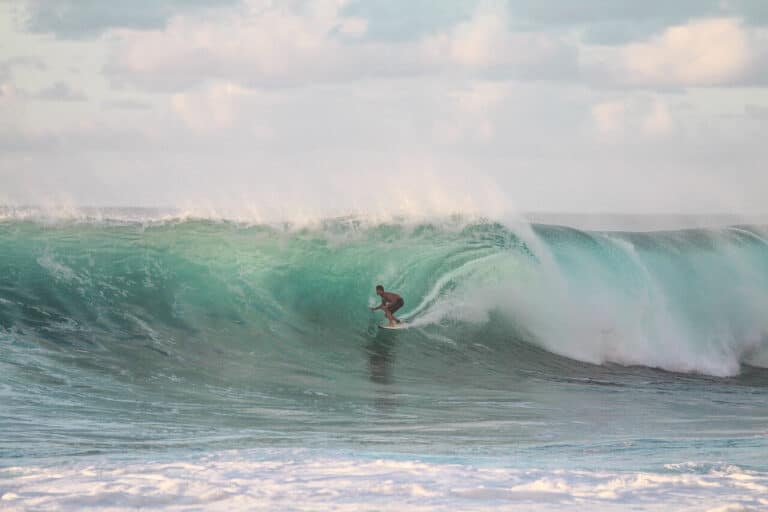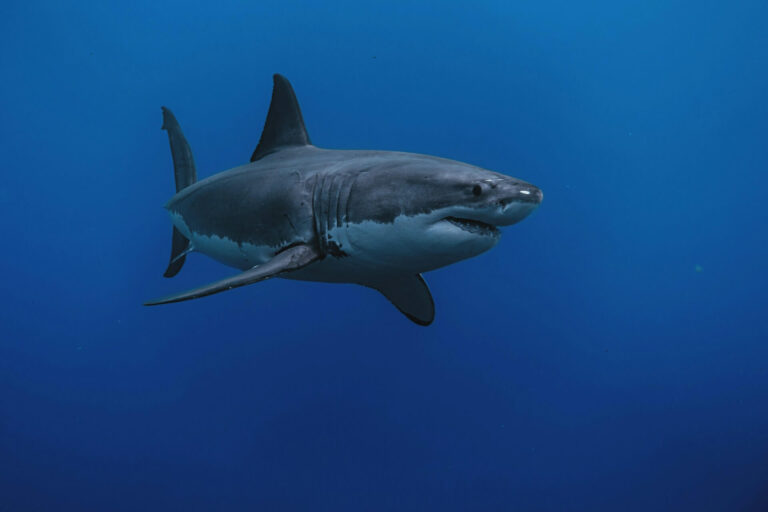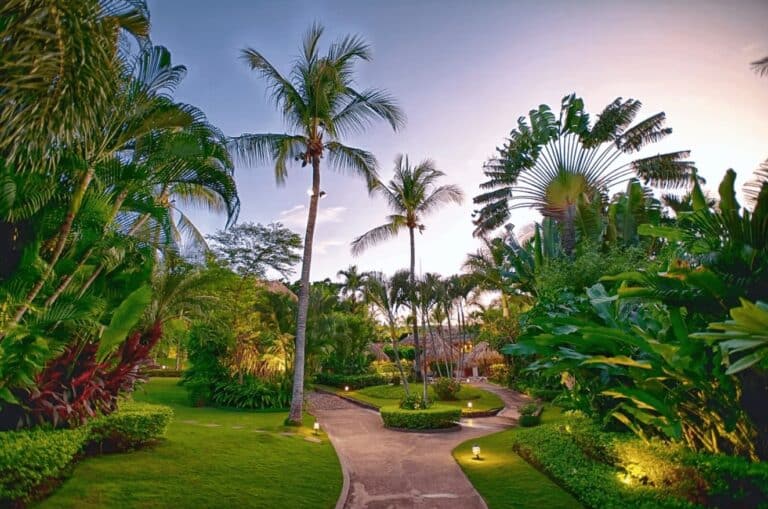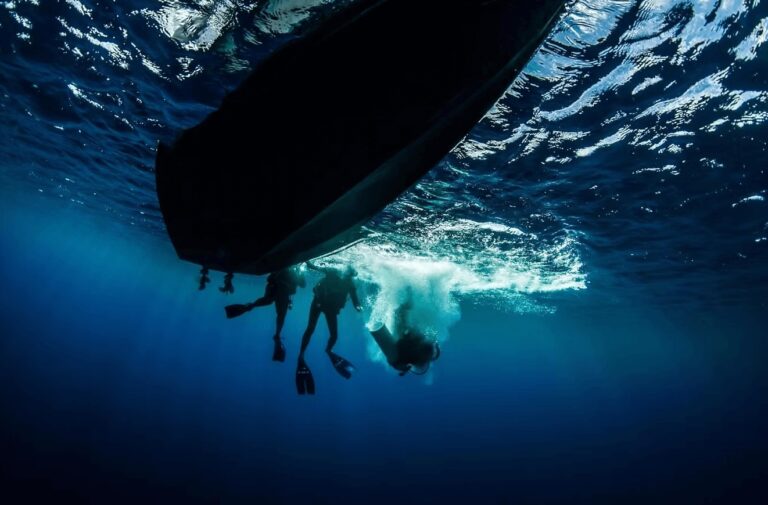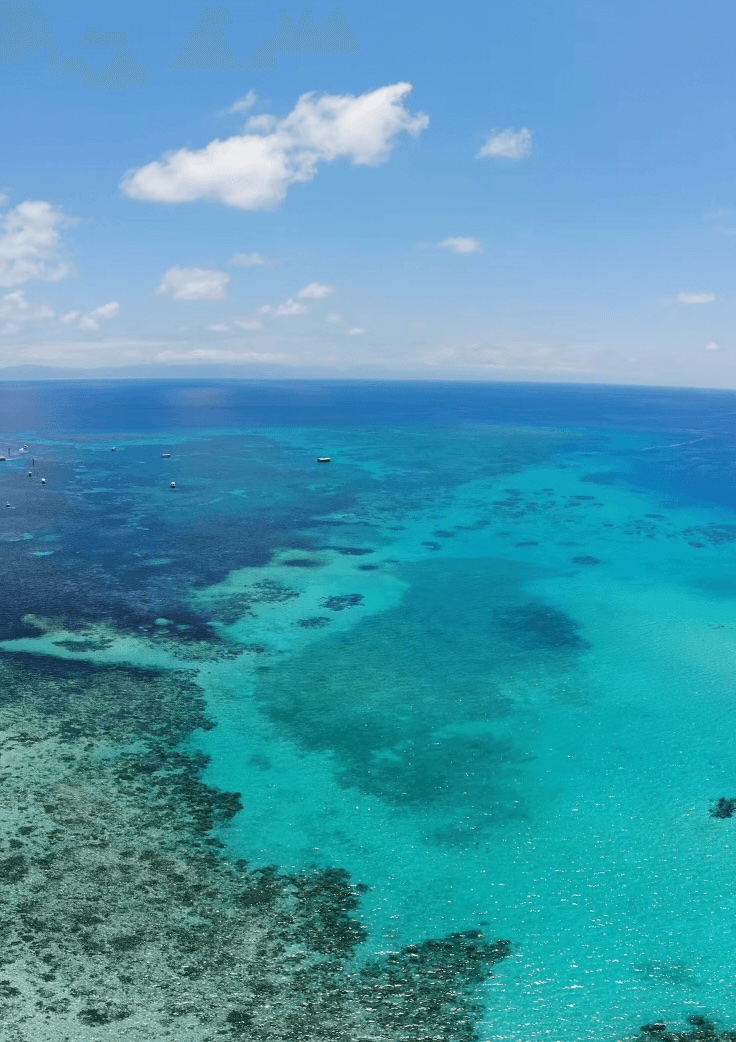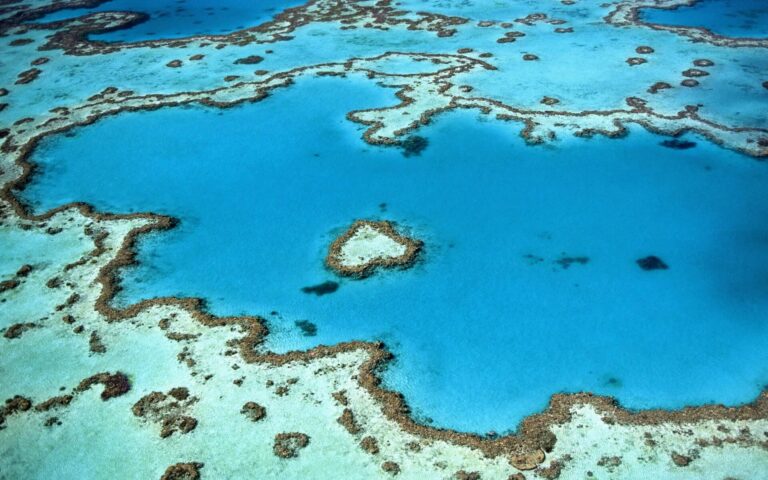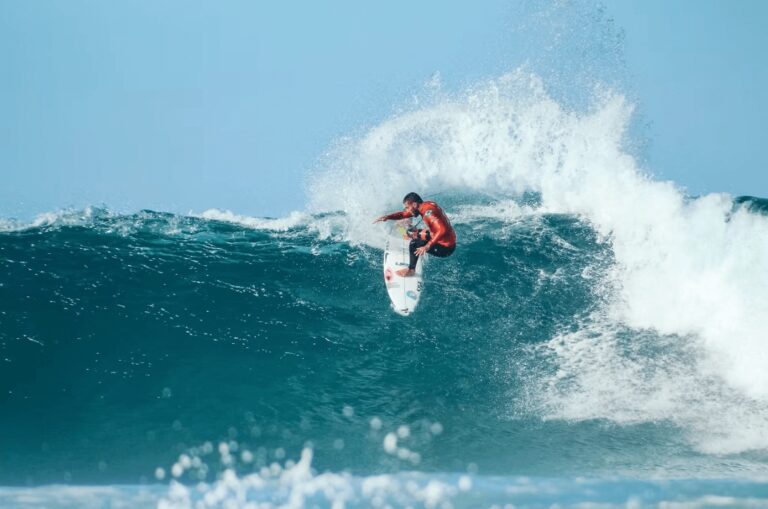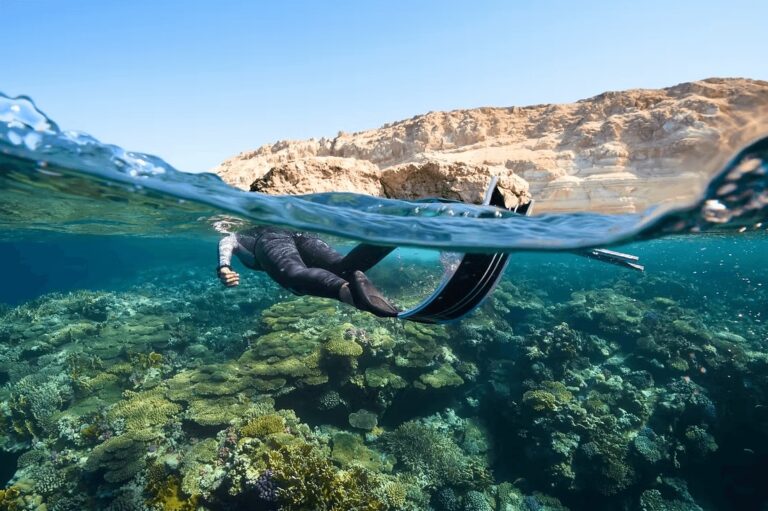What is Green Fins? Sustainable Dive Tourism in Action
Want to reduce your environmental impact while diving and snorkelling? Discover everything you need to know about Green Fins and the certification process for operators.
Our coral reefs are amazingly biodiverse and teeming with life, home to species found nowhere else in our oceans. But as magical as they are, scuba diving and snorkelling can damage these fragile ecosystems if not done responsibly.
Enter Green Fins, an initiative helping the marine tourism industry across Southeast Asia, the Caribbean and the Indian Ocean to make sustainability a priority. It has played an important role in implementing environmental standards for the diving and snorkelling industry.
Established by the Reef-World Foundation and UN Environment, Green Fins has proven to be an effective ocean ally. In particular, it has done important work in reducing the negative impacts of anchoring, fish feeding and pollution.
Through a code of conduct covering 15 key areas, Green Fins partners with communities and governments to implement practices that protect marine habitats. It also collaborates with businesses, such as dive resorts and centres, to help minimise their environmental impact.
By following simple guidelines, such as checking equipment for leaks, respecting no-anchor zones and avoiding contact with coral, dive operators can conduct sustainable underwater adventures. Essentially, they are being empowered to make positive changes that have widespread impacts.
In this article, we’ll explain exactly what Green Fins is, how it works and ways you can get involved.
If you’re looking for other ways to support ocean conservation, discover 9 marine organisations to follow.
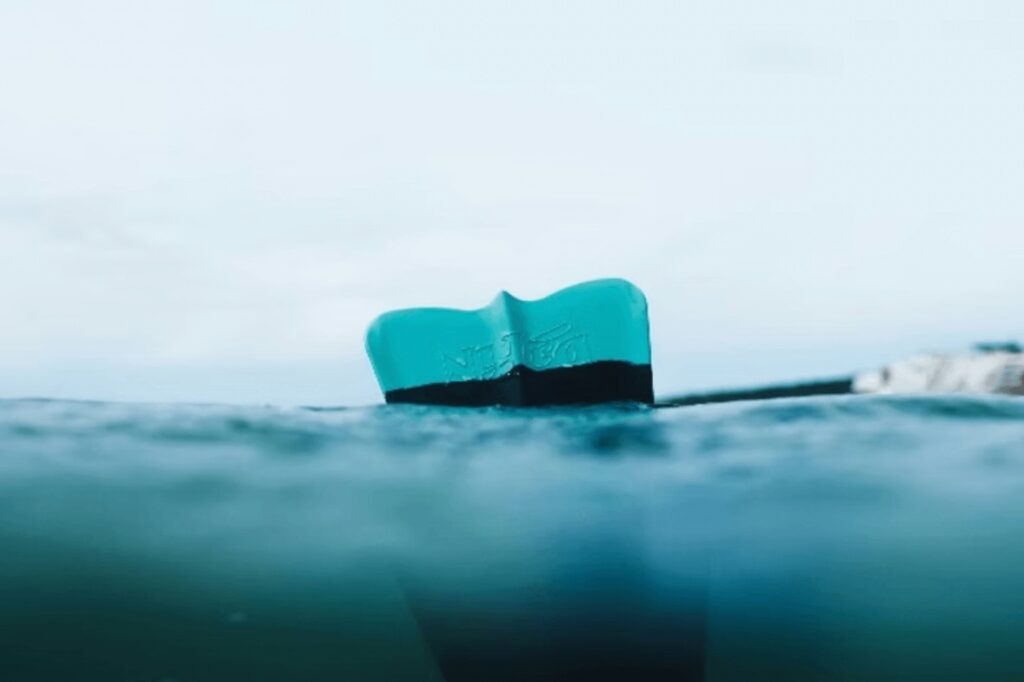
This article contains affiliate links, which means when you make a purchase through that link, we earn a small commission. Affiliate links come at no cost to you and ensure our content remains free!
The Green Fins approach: Protecting paradise
Since it was founded in 2004, Green Fins has established itself in 15 countries. It is designed to empower tour operators to become stewards of the marine environments they depend on for their livelihoods.
Dive and snorkel operators in the Green Fins program make a pledge to preserve the underwater world. Essentially, they sign their name to a membership that binds them to a Code of Conduct for sustainable marine tourism.
Want to be a responsible scuba diver? Discover 7 easy ways to be an ocean advocate here.
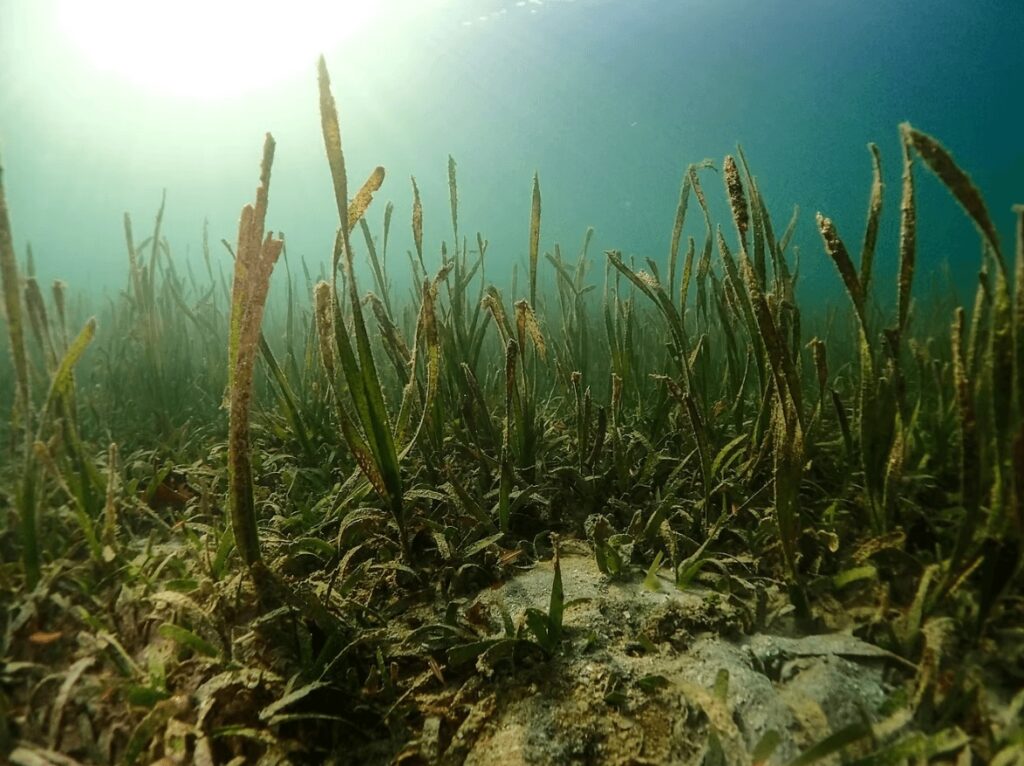
Green Fins in action
Trained Green Fins assessors regularly visit these eco-minded members, checking their adherence to the code and offering consultations for improvement. They also provide environmental training for all staff, equipping these ocean advocates with the knowledge and skills to reduce their environmental impacts.
Members receive handy materials that outline best practices for divers and snorkelers. These include pictographic icons that transcend language barriers and illustrate how to treat our marine environments with care.
Taking things even further is the Green Fins Ambassador Program. This trains enthusiastic, eco-conscious dive guides to become ambassadors for the underwater environment.
With each country charting its own course under the Network Leader’s guidance, Green Fins lets local voices lead the way. Spin-off projects have raised awareness about plastic pollution and sharks, as well as sustainable fishing practices.
While approaches may differ, the organisation stays afloat through a shared mission. It’s about preserving fragile marine ecosystems using the unifying power of sustainable tourism.
By bringing divers, businesses, and communities on board, Green Fins makes conservation a collective responsibility and a cornerstone of sustainable dive vacations.
For more insights into marine conservation issues, check out our collection of articles here. They focus on everything from ocean acidification and mercury pollution to coral bleaching and the Great Pacific Garbage Patch.
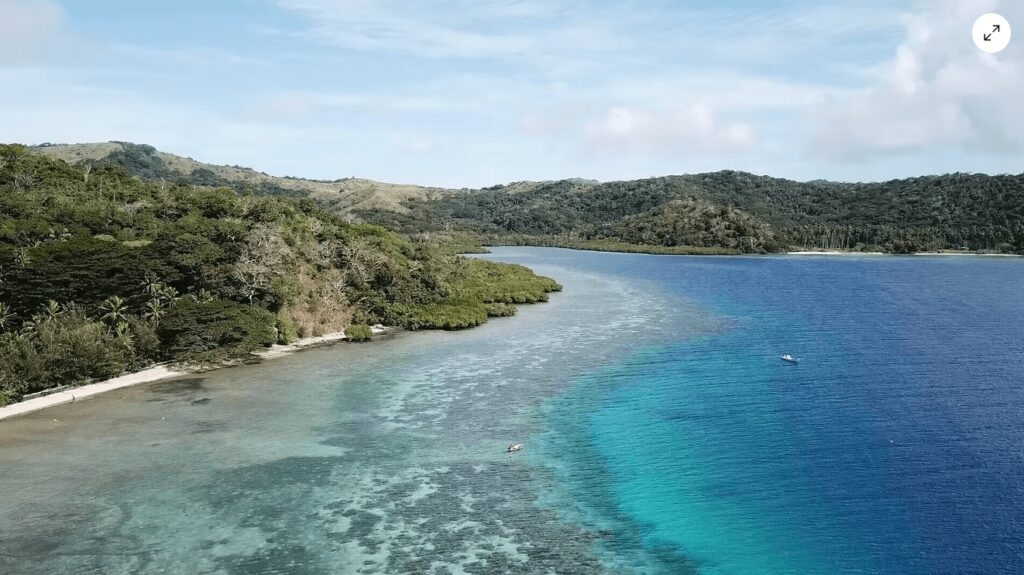
How to get involved with Green Fins
One of the simplest ways you can get involved is by diving with a Green Fins-certified dive school or staying at a Green Fins dive resort. You can find properties across the globe, including in Indonesia, Fiji, Japan and the Philippines.
More info about Green Fins is available on their website, complete with a list of active members to help you plan a sustainable dive vacation.
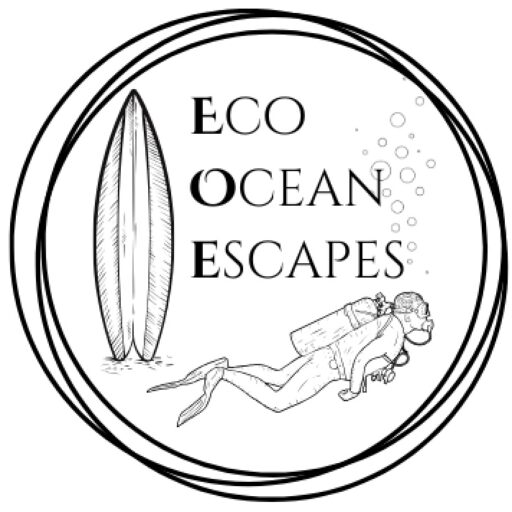
PLAN YOUR TRIP WITH OUR FAVOURITE RESOURCES:
Find hotels and resorts via Booking or Agoda
Book tours and experiences via Viator or GetYourGuide
Find a rental car via Discover Cars
Book flights via Kiwi or Booking
Search for buses and trains via 12Go or Omio
Get travel insurance via SafetyWing
Buy a digital eSIM with Airalo
By purchasing through our links, you’ll be supporting our website at no additional cost to you
About the authors
We are a team of passionate divers and surfers with decades of combined experience in the water and travelling to all corners of the globe. After years of chasing waves and descending into the deep blue, we’ve created this resource to highlight sustainably run surf camps, eco-friendly dive resorts and conservation-focused ocean trips to help inspire your next adventure.
Eco Ocean Escapes was born out of a love of the ocean, an obsession with travel and a concern about the impacts of our adventures on the environments we explore. Despite the benefits that surf and dive tourism can bring to local communities, we recognised that ocean-based adventures are not always managed in a sustainable manner.
Through our articles, we hope to inspire those seeking a responsible surf or dive trip that is all about supporting local communities, preserving our coastal environments and the incredible marine species that inhabit our oceans.
-
10 Easy Ways Surfers and Divers Can Protect the Ocean While Travelling
For surfers and divers, the ocean isn’t just a destination. Often, it’s the reason we travel, full stop. But the very act of travelling across the globe to chase waves or incredible underwater experiences comes with an environmental cost. There’s the carbon footprint of air travel, the overdevelopment of coastlines for waterfront resorts and the…
-
5 Sustainable Dive Destinations to Add to Your Scuba Bucket List
Scuba diving connects us deeply with the ocean. And in our experience, the more you do it, the harder it becomes to remain naive about the threats our underwater ecosystems face. Climate change, agricultural runoff and plastic pollution are just the tip of the iceberg! But sometimes that threat is tourism itself – unregulated tourism…
-
Reef-Safe Sunscreen: Does It Really Make a Difference?
If you’ve been on a dive liveaboard recently or stayed at a sustainable surf resort, you may have been advised to bring only “reef-safe sunscreen”. This request is often included in trip dossiers and/or mentioned by dive/surf guides before heading into the water. These days, there’s a consensus amongst the ocean-loving community that reef-safe sunscreen…
-
The Biggest Threats Facing Surf Breaks Worldwide
We’re as guilty as the next surfer for taking our breaks for granted. They’re our playgrounds – firing up one day and flat the next, but always with another swell on the horizon. But the reality is, surf breaks are delicate coastal systems shaped by geology, tides, sand movement and the overall health of marine…
-
Shark Conservation: How to Dive Responsibly With Sharks
Sharks have roamed our oceans for more than 400 million years (yes, they’re older than dinosaurs). Today, there are more than 400 different species, ranging from tiny dwarf lantern sharks to predatory great whites and tiger sharks. Unfortunately, many face an uncertain future. This is due to habitat loss, bycatch and demand for shark fins,…
-
Are Luxury Surf Resorts Compatible With Sustainability?
Luxury surf resorts promise a dream vacation: uncrowded waves, paradisiacal beaches and five-star facilities in some of the world’s most remote destinations. Not only do they mean exclusivity, but also incredible food and all the creature comforts you could desire after your session. But behind the infinity pools and curated “eco” language lies a difficult…
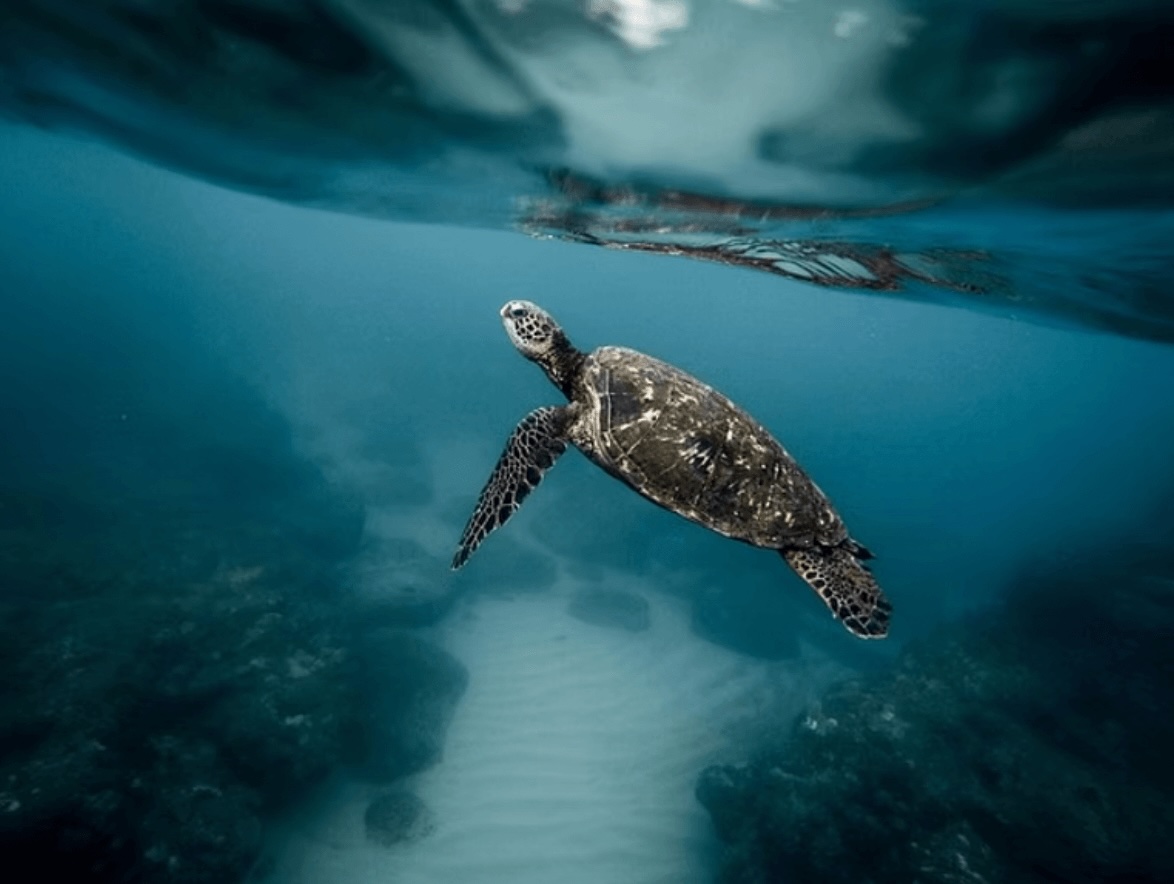
We are a team of passionate divers and surfers with decades of combined experience in the water and travelling to all corners of the globe.
After years of chasing waves and descending into the deep blue, we’ve created this resource to highlight sustainable surf camps, eco-dive resorts and conservation-focused ocean trips to help inspire your next adventure.
Eco Ocean Escapes was born out of a love of the ocean, an obsession with travel and a concern about the impacts of our adventures on the environments we explore.
